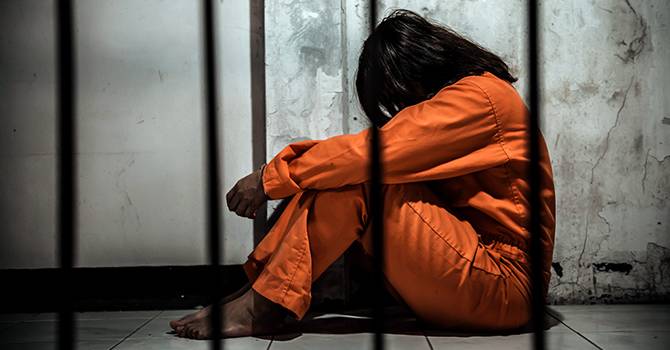
Changing the Narrative around a Changing Climate
Ashley Bieniek-Tobasco, BS ’11, MPH ’13, DrPH
Do fear-inducing representations of climate change actually motivate people to take action? As the influence of popular media grows, communicators across the sciences have an opportunity and a responsibility to shift climate conversations from messages of doom to narratives of hope.





